The Prestige Trap: Why Even the Ultra-Successful Can End Up in Bullsh*t Roles
There’s an inconvenient truth lurking behind many impressive resumes, opulent boardrooms, and generational wealth portfolios:
Even the ultra-successful can end up in bullsh*t roles.
We just dress them better.
They come with inherited titles, legacy appointments, or visionary-sounding job descriptions—but scratch the surface, and what you often find is performance without potency.
A symbolic seat at the table that was never designed to truly shift power or produce meaning.
This is what I call The Prestige Trap.
When wealth, legacy, or status becomes a gilded cage for the soul and true transformation.
The Problem with Performance-Driven Power
In my work as a wealth psychology coach and family governance/succession consultant for UHNW families, I’ve sat in rooms that most people will never enter.
I’ve spoken with billionaires, heirs, royalty, and legacy leaders who—by all outward measures—have “won.”
But beneath the surface, oftentimes an inconvenient and quieter ache exists:
• “I’m exhausted pretending this still matters.”
• “Everyone thinks I’m in charge, but I’m just maintaining what my father built.”
• “I don’t want my kids to inherit this… but I don’t know what else to pass down.”
These aren’t the cries of the unsuccessful—they’re the confessions of the successful who secretly feel trapped inside institutions that sometimes reward appearance over impact, and inherited identity over inner authority.
When did our empires become empty rituals?
Bullshit Roles in Billionaire Packaging
David Graeber’s landmark book Bullshit Jobs laid the groundwork for understanding the plague of meaningless labor in modern capitalism. But what’s rarely discussed is how this disease spreads even at the highest levels of wealth.
What Graeber called “box-tickers,” “goons,” and “flunkies,” we often see in elite families as:
• “The Face” – the next-gen heir with a board seat, a LinkedIn title, and a press release—but no real strategic say.
• “The Steward” – the successor groomed to maintain legacy at all costs, even if it violates their personal values or vision.
• “The Buffer” – the family member tasked with people-pleasing across generations to prevent conflict and preserve image.
• “The Yes Men Advisor” – the highly credentialed consultant who exists more to validate decisions than challenge them.
These aren’t just professional roles, they’re identity prisons.
And what’s more dangerous is that they’re almost impossible to critique because they’re wrapped in prestige. Society applauds them. The family depends on them. The brand celebrates them.
But the individual, the soul and the family suffers.
Why the Next Gen Is Quietly Revolting
This is why so many next-gen and inheritors are quietly rebelling against family offices, succession plans, or predetermined roles that offer power in name but not in truth.
They’ve watched their parents and grandparents grind their identities into the empire.
They’ve seen the emotional and psychological cost of performance. And they’re saying no—not because they’re lazy, entitled, or naive, but because they sense what so many fear to admit:
That wealth without sovereignty is still a form of captivity.
I’ve worked with young inheritors who walked away from hundreds of millions because they couldn’t breathe under the weight of expectation.
I’ve coached rising-gen entrepreneurs who had to unlearn that success solely requires struggle, status, or scale—and instead, reclaim the freedom to define impact on their own terms.
Because the next generation doesn’t just want to be plugged in to the machine of legacy.
They want to lead it into something new.
The Family Office as Soulwork or Symbolic Theater?
The modern family office is one of the most powerful, invisible engines of influence in the world.
But too often, it becomes a place where bullsh*t roles thrive—where bureaucracy masks as governance, and tradition overshadows truth. Where next-gens are invited to the table… but not given the true opportunity or power to reshape it.
To shift this, we must evolve beyond prestige-based planning.
Legacy must become less about just protecting the past and more about birthing a future that feels alive and forward focused.
This requires:
• Identity work, not just succession work.
Heirs must be guided into who they are without the family’s name, so they can return to lead from a place of confidence in self as a whole and grounded truth.
• Redesigning power dynamics.
Just because someone has always been “the final decision-maker” doesn’t mean they should be forever. Authority must evolve.
• Creating space for spiritual inheritance.
What values, virtues, and visions are being passed down—not just the assets?
• Dissolving purely symbolic roles.
Eliminate titles or responsibilities that exist only for appearances. Every seat should hold real voice, real power, and real purpose.
Returning to Meaning: From Gilded Role to Sacred Contribution
What if your work… actually mattered?
Not just in capital accumulation, but in human liberation?
Not just in family legacy building, but in soul remembering?
This is the invitation I extend to every ultra-successful client who finds themselves quietly asking:
“Is this all there is?”
Because it’s not.
But the answer will not be found in more prestige, empty achievements or honorary positions.
It will be found in purpose.
And purpose, unlike performance, cannot be bought, inherited, or fabricated.
It must be excavated.
If you’ve succeeded in building the empire, but feel haunted by the emptiness of it—this is your turning point.
Trade in the prestige. Reclaim the power. Redefine what wealth really means.
Not just for you.
But for everyone who follows.

